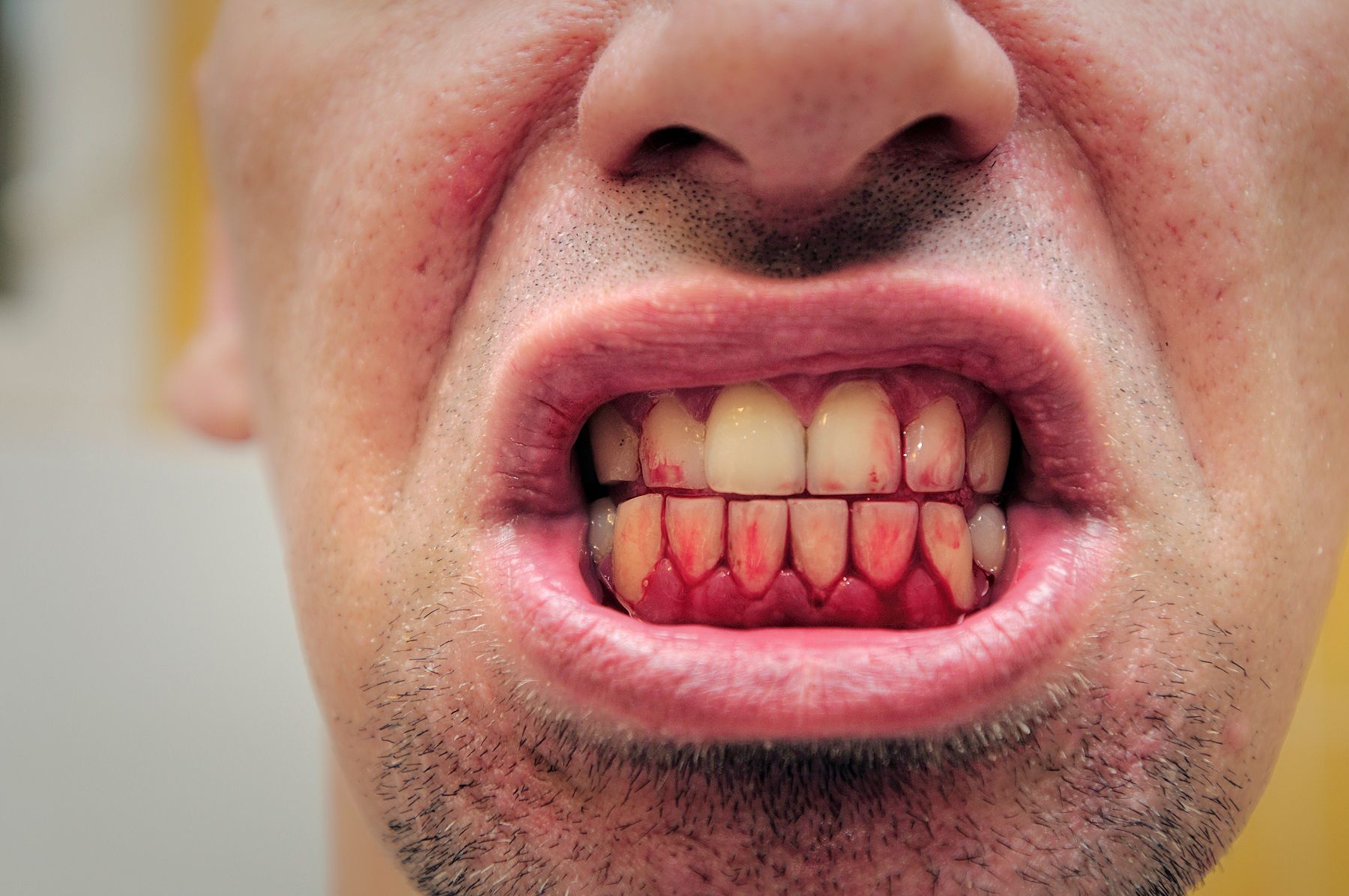Myths About Gum Disease: Separating Fact from Fiction
Understanding Gum Disease
Gum disease, often referred to as periodontal disease, is a common oral health issue that affects many people worldwide. Despite its prevalence, there are several myths and misconceptions surrounding it. In this blog post, we aim to separate fact from fiction and provide you with accurate information about gum disease.

Myth 1: Gum Disease Only Affects Your Mouth
One of the most common myths is that gum disease only impacts your oral health. In reality, gum disease can have far-reaching effects on your overall health. Studies have shown a connection between gum disease and various systemic conditions such as heart disease, diabetes, and respiratory problems. Maintaining healthy gums is crucial for your entire body's well-being.
Myth 2: Bleeding Gums Are Normal
Another widespread myth is that bleeding gums when brushing or flossing is normal. While occasional bleeding can happen, consistent bleeding is a sign of gum disease. Healthy gums should not bleed easily. If you experience persistent bleeding, it's important to consult a dental professional for an evaluation and appropriate treatment.

Debunking Common Misconceptions
In addition to the myths mentioned above, there are other misconceptions about gum disease that need clarification. Here are some more myths and the truths behind them:
Myth 3: Gum Disease Is Inevitable with Age
Many people believe that gum disease is an unavoidable part of aging. However, this is not true. While the risk of gum disease may increase with age, it is not inevitable. With proper oral hygiene practices and regular dental check-ups, you can maintain healthy gums throughout your life.
Myth 4: Brushing Harder Will Prevent Gum Disease
It might seem logical that brushing harder would remove more plaque and prevent gum disease. However, brushing too hard can actually damage your gums and enamel. Instead, use a soft-bristled toothbrush and gentle, circular motions to clean your teeth effectively without harming your gums.

The Importance of Prevention
Preventing gum disease involves a combination of daily oral care and professional dental visits. Here are some tips to help you keep your gums healthy:
- Brush your teeth twice a day with fluoride toothpaste.
- Floss daily to remove plaque between teeth.
- Visit your dentist regularly for cleanings and check-ups.
- Avoid tobacco products, which can increase the risk of gum disease.
Myth 5: Gum Disease Is Not Serious
Lastly, some people underestimate the seriousness of gum disease. Left untreated, it can lead to tooth loss and bone deterioration. Moreover, its links to systemic conditions highlight the importance of addressing gum disease promptly. Early intervention can prevent complications and improve both oral and overall health.

In conclusion, understanding the facts about gum disease is essential for maintaining good oral health. By debunking these myths and taking proactive steps in your dental care routine, you can protect your gums and enjoy a healthier life.